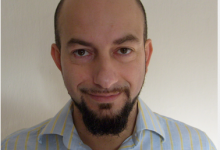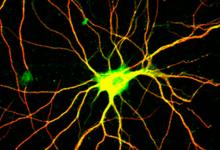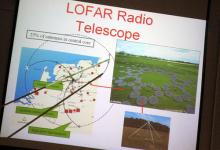Reaching for the stars
A US government agency is offering $500,000 to the individual or firm in the private sector with the best idea for how to send people to a star, writes John Holden.
The Defense Advanced Research Projects Agency (DARPA) like their ideas big. The US government’s 1980s space-based missile defense system, otherwise known as "Star Wars", was their idea. As is the 100 Year Starship Study – a century long project which aims to re-ignite the public’s interest in further space exploration as well as come up with real ideas to get to a star.










